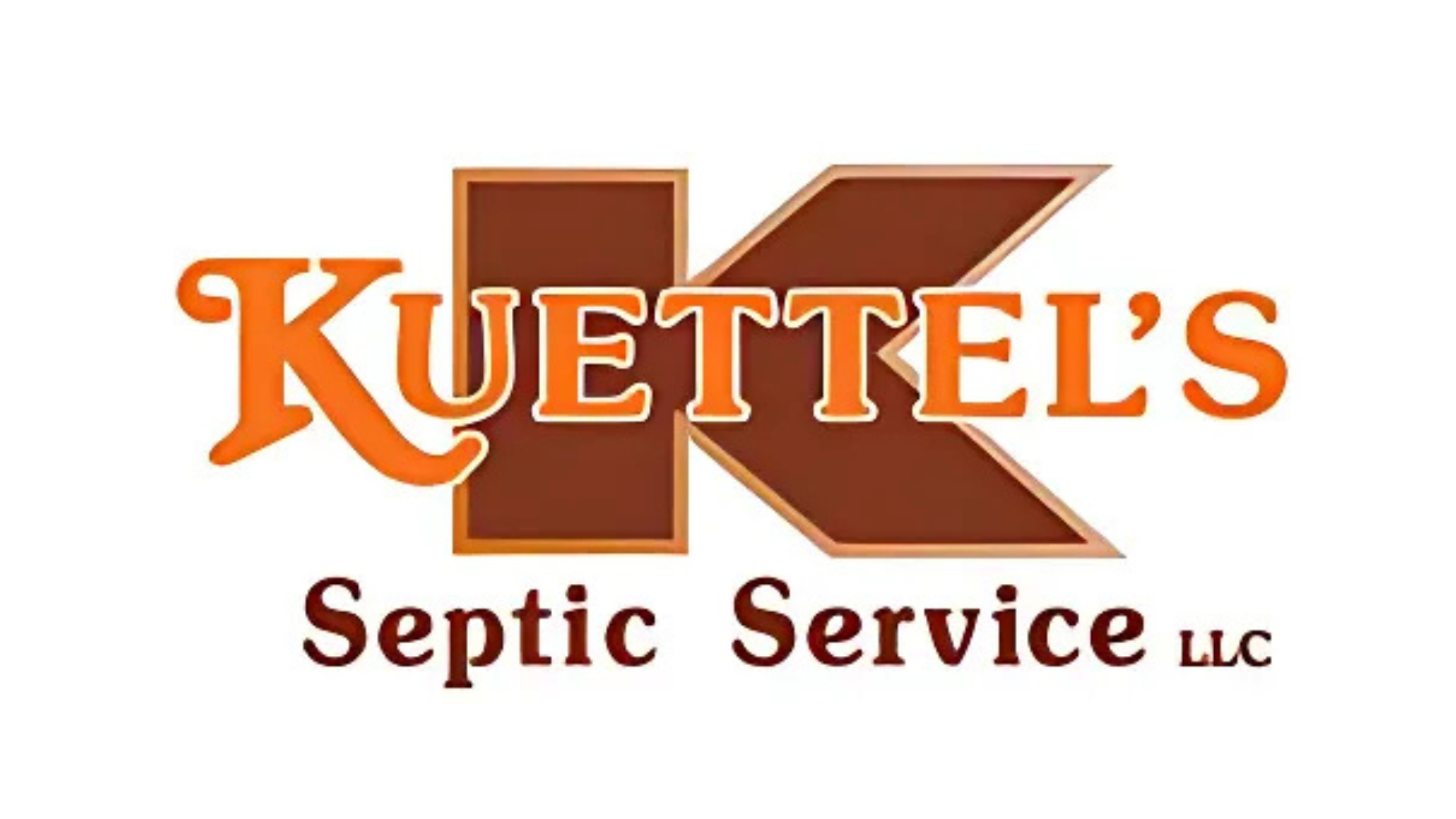Should I clean my mound?
Did you know that an important part of keeping your mound or at-grade system operating properly is jetting & treating the laterals in the actual mound itself? This will help keep things flowing properly throughout the mound. Let us explain! When the pump in the pump chamber engages, it discharges graywater from the pump chamber […]
Bath Bombs
In recent years, bath bombs have become a popular product to add essential oils, scent, bubbles, and color to bathwater. But how do the ingredients in these bath bombs affect your plumbing and septic system? Frequent use of bath bombs can potentially cause issues by plugging the lines themselves. There are often solid particles in […]

